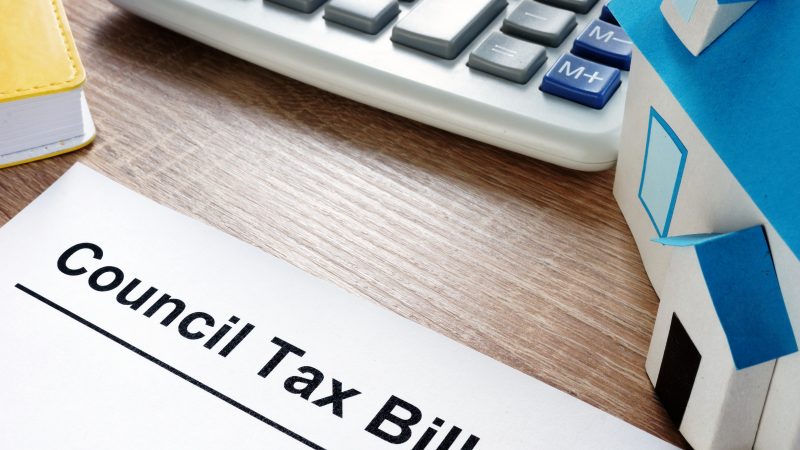
UNISON has said councils across England, Wales and Scotland face a £3.09bn funding “black hole” in the next financial year and called on ministers to urgently provide the funding needed to avoid further cuts to local services.
Commenting on data obtained by the trade union via freedom of information requests and councils’ financial reports, general secretary Christina McAnea warned that the funding shortfalls are “likely to hit the poorest in society hardest”.
Research by the union showed the funding gap authorities are facing. Hampshire County Council will have to make cuts worth £65.9m next year despite having closed eight libraries in the past year, resulting in 50 job losses.
Cheshire West and Chester Council has an almost £26m shortfall for the year 2022/23, despite scaling back social care services by closing three respite centres. Hackney Council, where 48% of children live in poverty, faces an £11m deficit.
“Children struggling in class won’t be able to get the extra help they need to succeed. Families of the elderly and people needing support will be denied the services on which so many of them rely. Access to much-loved parks, libraries and community facilities are at risk of being taken away,” McAnea added.
“The government must step up and help local councils desperately trying to keep afloat. If Boris Johnson is serious about levelling-up, this money must be found. Ministers cannot allow a two-tier society to develop where some of the most in need are left behind.”
Labour has repeatedly urged the government to provide more money to councils to fund costs caused by the pandemic instead of forcing authorities to implement a near-mandatory hike in council tax this April to make up for lost funding.
It was announced last year that English local authorities would be allowed to raise council tax by an extra 5%, including 3% for adult social care. Labour highlighted at the time that the hike was over twice the rate of inflation.
Labour leader Keir Starmer described it as “absurd” that local government in England will need to “hike up council tax” when “millions are worried about the future of their jobs and how they will make ends meet”.
He urged Boris Johnson to “make good” on his promise to support councils during the pandemic by helping local authorities and offering security to families “by dropping your tax increase”.
Local Government Association Labour leader Nick Forbes warned earlier this year that “ministers are now refusing to cover the full cost of fighting Covid” – despite promising to help them do “whatever it takes” during the crisis.
“That means most councils have no choice but to make cuts to services this year,” Forbes said. The Labour Newcastle City Council leader added: “Pay more, get less. That is the Conservative plan.”
Councils across the UK have come under significant pressure throughout the crisis. Of 173 councils who responded to a survey last summer, 148 predicted a budget shortfall and at least five warned that they may issue a section 114 notice.
If a council fails to balance the budget, a section 114 notice is issued under the Local Government Act 1998, which prevents any new expenditure and gives a council 21 days to make an alternative budget that fits the criteria. A budget made after the issue of a section 114 notice involves significant cuts to existing services.




More from LabourList
‘I spent years telling workers the law couldn’t help them – that has changed’
Josh Simons resigns as Cabinet Office minister amid investigation
‘After years of cuts, Labour’s local government settlement begins to put things right’